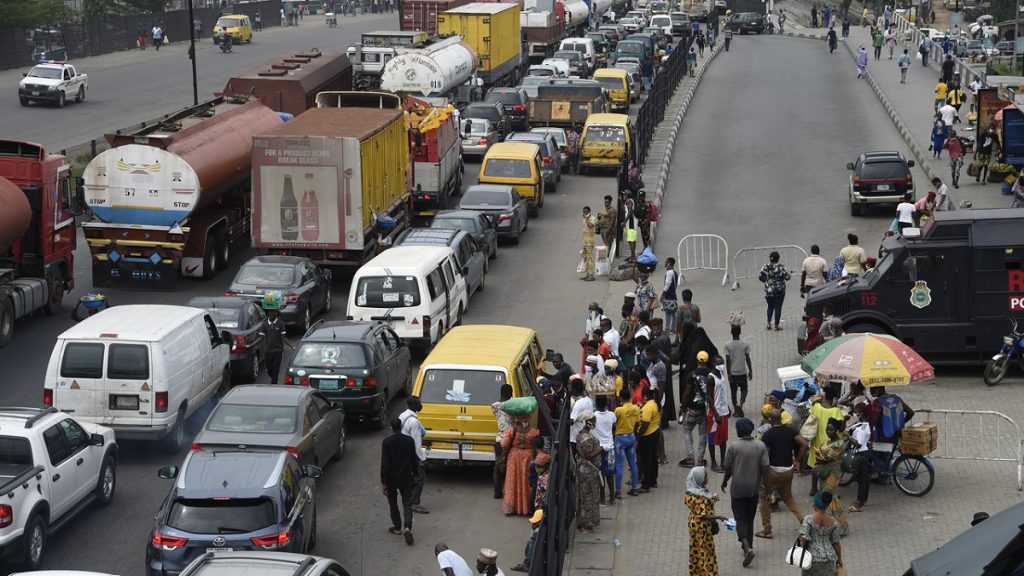Africa’s most populous nation Nigeria, is both a story of enormous wealth and crushing poverty. While a few people live extravagant lives, millions more Nigerians struggle to make ends meet. This sharp gap, which is driven by historical, economic, social, and political forces, has far-reaching ramifications for the country’s social framework.
According to the World Inequality Lab, the richest 1% of Nigerians own more than 20% of the country’s wealth, while the bottom 50% own less than 5%. This extreme inequality is evident in many facets of Nigerian culture, from education and healthcare to prospects for economic success.
Several causes contribute to Nigeria’s societal inequalities. The colonial era established economic and social inequities that benefited particular geographic areas and ethnic groups. Corruption drains public cash and resources, increasing poverty and injustice. Inadequate governance, lack of candour, and inadequate institutions all contribute to socioeconomic inequality. Inequitable access to decent education and healthcare compounds social inequality. Economic differences exist between regions, with some seeing rapid development while others lagging.
The ramifications of socioeconomic inequality are profound. Inequality can cause social unrest, riots, and even violence. It has the potential to stifle economic development by limiting the poor’s access to opportunities. Inequality has the potential to destroy trust in the government and democratic institutions. Inequality and lack of opportunity can lead to criminal activity and violence.

Nigeria must pursue substantial changes to combat social inequality. Putting in place a system of progressive taxes to allocate wealth and eliminate income inequality. Improving social security systems to protect disadvantaged people and provide essential services. Investing in schooling and medical care to ensure that all people have equal opportunity.
To minimise corruption and strengthen government, we must promote transparency, responsibility, and the rule of law. Creating jobs, especially for young people, to alleviate unemployment and poverty. Investing in the rural economy to prevent rural-urban migration and raise the quality of life in rural areas.
Nigeria may establish a society with greater equity and justice by addressing the core causes of social exclusion and putting in place targeted policies. It is critical to prioritise marginalised groups’ needs and guarantee that everyone has the opportunity to attain their full potential.


